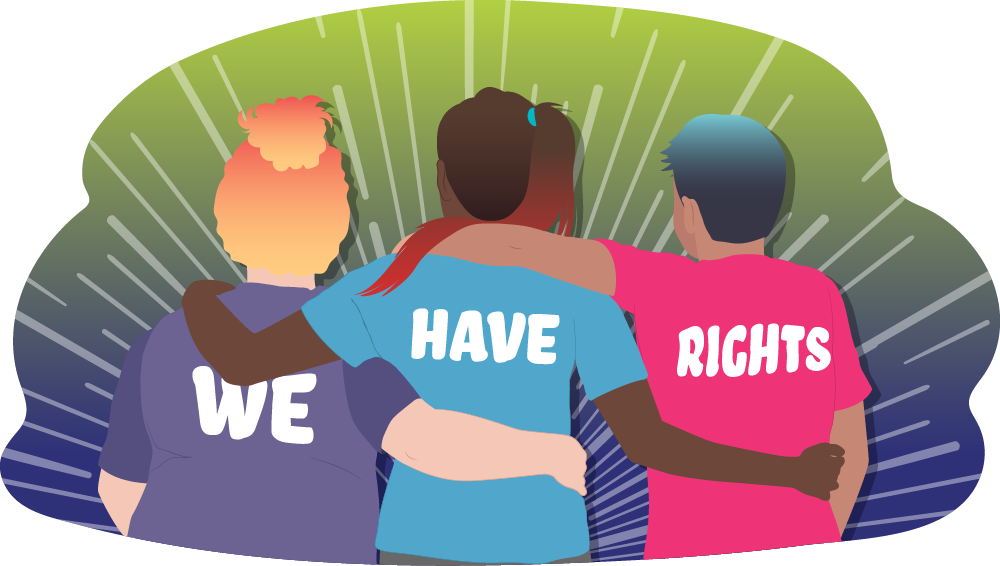Sexting
If you own a smartphone you’ve probably heard of sexting. It’...
READ MEYour rights apply across all aspects of your life – you have social, cultural, political and economic rights. Let's look at what those rights are, how they are protected and how to learn more.

Your specific rights include:
Nobody has a right to take your rights away from you, or try to deny you of them.
In 1989, the ‘Convention on the Rights of a Child’ was ratified by many governments around the world, including Australia. This is a legally binding international text that protects the rights of children (defined as anyone under the age of 18). The main guiding principles are:
Focusing on the best interests of young people
Protecting young people from discrimination
Giving young people a say on issues that affect them
Allowing young people to survive and develop healthily
If you think your rights are being violated, it’s important to speak to a trusted adult, like a parent, teacher or Kids Helpline Counsellor for support. You can also seek free, confidential legal information from Youth Law Australia or contact the Australian Human Rights Commission for information or support.
There are also many groups and organisations that provide specialist support and advocacy for different rights, e.g. protecting the cultural rights of First Australians, advocating to end discrimination against LGBTIQ+ people or taking climate action to protect the health and safety of people in the future. Joining or supporting these groups can be a great way to campaign for greater change.
Kids Helpline is committed to protecting the human rights of young people living in Australia.
Sexting
If you own a smartphone you’ve probably heard of sexting. It’...
READ MEWhat is abuse
Abuse takes many forms and there isn’t one single way that ...
READ MEDealing with discrimination
Facing discrimination can take a toll on you. We talk more about ...
READ MEStarting work
Starting your first job can be exciting and overwhelming. Check out these ...
READ METalking helps! We’re here for you.
No problem is too big or too small.
We're here 24 hours a day, 7 days a week